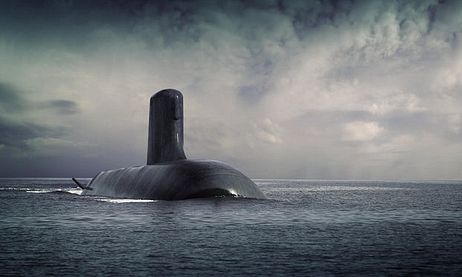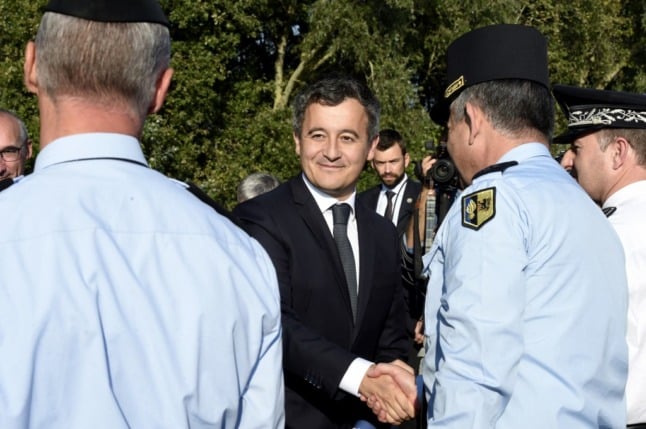France recalled its ambassador to Canberra to protest the September 15 announcement by Australia that it was scrapping the multibillion-dollar submarine contract with France in favour of a new deal negotiated in secret with the US and Britain.
The envoy is still in Paris, with no date set for his return, in a diplomatic snub intended to underline French outrage over the new AUKUS security pact between Canberra, Washington and London.
French leader Emmanuel Macron has also declined requests for a call from Australian Prime Minister Scott Morrison who wants to clear the air.
By contrast, the French ambassador to the United States, who was withdrawn at the same time in protest by Paris, has already returned to Washington and Macron spoke to US President Joe Biden on September 22.
“We need to have a conversation of substance” with Australia, an aide to the French leader said last week on condition of anonymity, adding that the conversation would take place “at an appropriate time.”
READ ALSO:
- Macron presses Biden for ‘clarifications’ over submarine snub
- France’s Australian submarine row shows that Macron was right about NATO
- France recalls ambassadors from US, Australia over submarines row
The exchange would be organised only once ambassador Jean-Pierre Thebault returns to Canberra “with a message from France that will set out a framework for our exchanges with Prime Minister Morrison.”
Morrison, who was a guest of Macron’s in the French capital in June, has acknowledged that he will need to be “patient”, adding: “We understand their disappointment.”
Australian Trade Minister Dan Tehan is due in Paris next week, but his French counterpart Frank Riester has declined to meet him, a source close to the French minister said.
‘Stronger protest’
France’s anger stems not only from the loss of the submarine deal — worth Aus$50 billion (31 billion euros, $36.5 billion) in 2016 — but also the shattering of an alliance that it saw as a cornerstone of its Indo-Pacific security strategy.
So far, Paris has reacted differently to each of the three English-speaking countries involved in AUKUS which will see US-designed nuclear submarines replace diesel-powered French ones.
Following their call, Macron and Biden said they would meet in person later this month, while US Secretary of State Antony Blinken arrives in Paris on Monday to build bridges.
France never withdrew its ambassador from London, and British Prime Minister Boris Johnson and Macron spoke last week.
“It’s a stronger protest (against Australia) because in some ways we can allow ourselves to do it,” Bruno Tertrais from the Foundation for Strategic Research, a Paris-based think-tank, told AFP. “Australia is a friendly country, but we don’t have as deep relations with her as with Britain and the United States. In other words, it’s easier and less costly to freeze official relations with Canberra than it would have been with London or Washington.”
‘Australian punch’
Beyond diplomatic posturing, one area where France could extract a cost is in talks over a new trade deal between the European Union and Australia.
The European Union is Australia’s third-biggest trading partner and the two sides had hoped to reach a deal before the end of the year.
“I don’t see how we can have confidence in our Australian partner,” French Europe Minister Clement Beaune said in the aftermath of the announcement of AUKUS, raising the prospect of France scuttling any advances.
On Friday, a long-planned round of talks was postponed by a month. “If there are any retaliatory measures, they will be limited,” said Tertrais who was sceptical that France was alone in pushing for the trade talks to be delayed. “I don’t think France is in a state of mind of wanting to punish Australia.”
He expects that joint military operations, a feature of the once blossoming relations, will resume in due course, as well as contacts between the governments, who share common security concerns about China.
In France, some commentators have reached for rugby metaphors to describe the impact of the loss of submarine — and the recovery time needed by Paris.
“We got an Australian punch, an American late-tackle and a British eye-gouging,” said Senator Philippe Folliot during a hearing in the upper house this week.



 Please whitelist us to continue reading.
Please whitelist us to continue reading.
Member comments